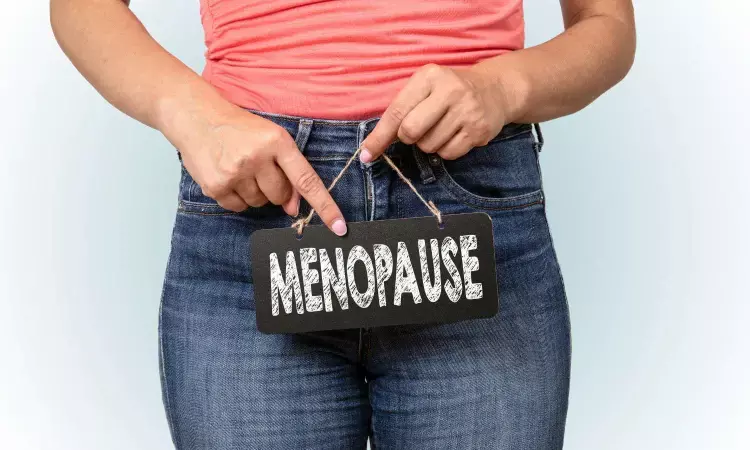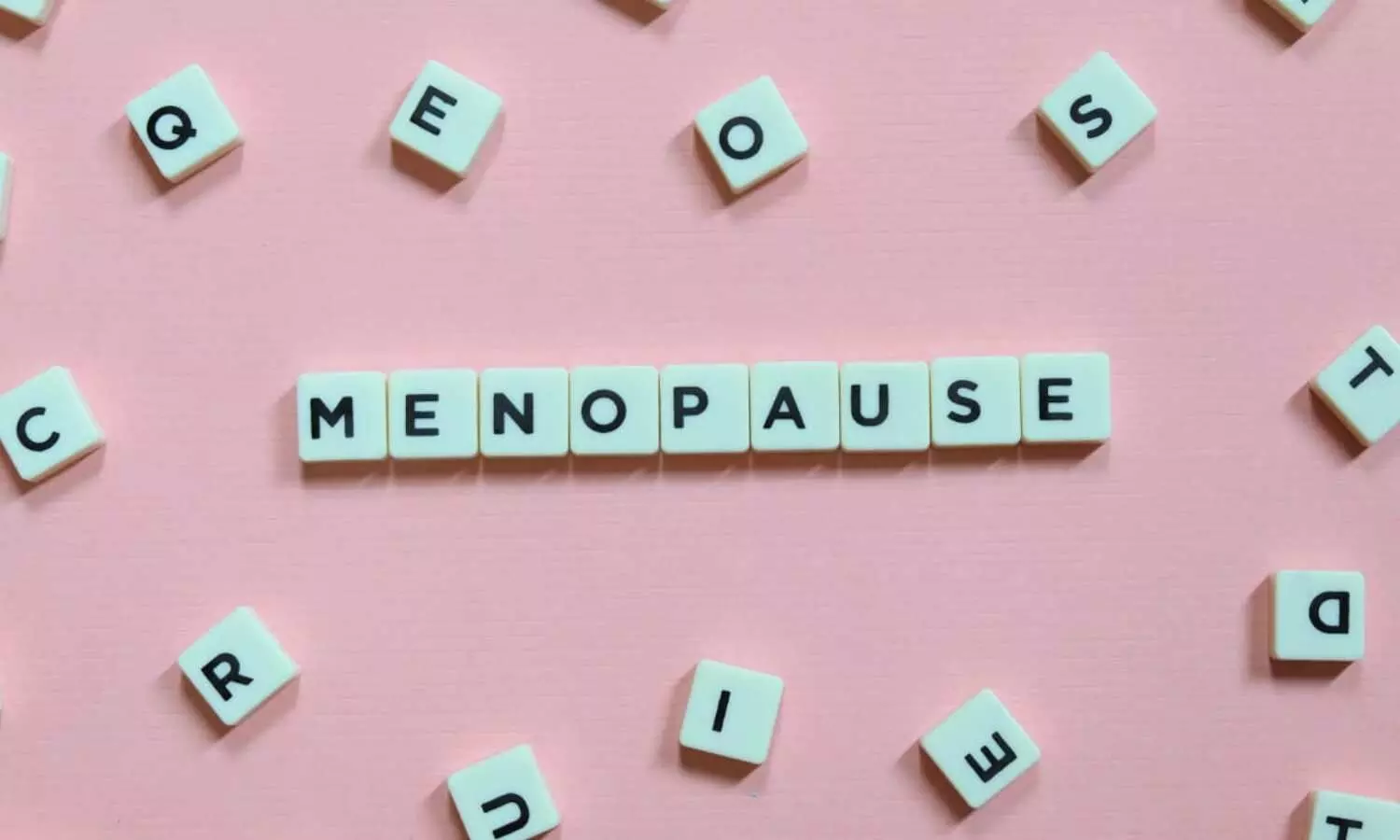- Home
- Medical news & Guidelines
- Anesthesiology
- Cardiology and CTVS
- Critical Care
- Dentistry
- Dermatology
- Diabetes and Endocrinology
- ENT
- Gastroenterology
- Medicine
- Nephrology
- Neurology
- Obstretics-Gynaecology
- Oncology
- Ophthalmology
- Orthopaedics
- Pediatrics-Neonatology
- Psychiatry
- Pulmonology
- Radiology
- Surgery
- Urology
- Laboratory Medicine
- Diet
- Nursing
- Paramedical
- Physiotherapy
- Health news
- Fact Check
- Bone Health Fact Check
- Brain Health Fact Check
- Cancer Related Fact Check
- Child Care Fact Check
- Dental and oral health fact check
- Diabetes and metabolic health fact check
- Diet and Nutrition Fact Check
- Eye and ENT Care Fact Check
- Fitness fact check
- Gut health fact check
- Heart health fact check
- Kidney health fact check
- Medical education fact check
- Men's health fact check
- Respiratory fact check
- Skin and hair care fact check
- Vaccine and Immunization fact check
- Women's health fact check
- AYUSH
- State News
- Andaman and Nicobar Islands
- Andhra Pradesh
- Arunachal Pradesh
- Assam
- Bihar
- Chandigarh
- Chattisgarh
- Dadra and Nagar Haveli
- Daman and Diu
- Delhi
- Goa
- Gujarat
- Haryana
- Himachal Pradesh
- Jammu & Kashmir
- Jharkhand
- Karnataka
- Kerala
- Ladakh
- Lakshadweep
- Madhya Pradesh
- Maharashtra
- Manipur
- Meghalaya
- Mizoram
- Nagaland
- Odisha
- Puducherry
- Punjab
- Rajasthan
- Sikkim
- Tamil Nadu
- Telangana
- Tripura
- Uttar Pradesh
- Uttrakhand
- West Bengal
- Medical Education
- Industry
Menopausal Transition linked to sleep disturbance among Middle-Aged Women

In a groundbreaking cross-sectional birth cohort study, researchers have delved into the sleep patterns of 46-year-old women and their connection to the onset of menopausal transition. The findings suggest that sleep disturbances are prevalent in climacteric women and are often exacerbated by hot flashes, casting a spotlight on an issue affecting women in their mid-40s. The study results were published in the journal Menopause.
This research, undertaken by a team of dedicated scientists, sought to shed light on the relationship between sleep quality and the menopausal status of middle-aged women. The study divided the participants into climacteric (comprising 359 women) and pre-climacteric (comprising 2,302 women). The categorization was determined based on factors such as follicle-stimulating hormone levels and menstrual history. Sleep disturbances were meticulously assessed using the Athens Insomnia Scale 5, a widely recognized tool for evaluating sleep quality. Univariable and multivariable logistic regression models were then employed to analyze various sleep parameters as dependent variables and others like climacteric status, hot flashes, smoking habits, and education levels as independent variables. Furthermore, the study examined whether hormone therapy played a role in alleviating sleep disturbances in women.
Findings:
- The results of the study were nothing short of eye-opening.
- Climacteric women were found to experience significantly delayed sleep induction compared to their preclimacteric counterparts, with a prevalence rate of 12.2% versus 8.7%.
- Sleep quality took a hit for climacteric women, who reported more problems with awakenings during the night (23.4% vs. 14.6%) and earlier final awakenings (13.8% vs. 9.9%).
- The quality of sleep, overall, was less satisfying for climacteric women, with 11.9% reporting unsatisfactory sleep quality, compared to 7.9% in the preclimacteric group.
- These findings underscore the magnitude of sleep-related challenges women in their mid-40s often face.
- Moreover, the study drew a noteworthy link between hot flashes and sleep disturbances.
- Climacteric women who experienced hot flashes were more likely to report unsatisfactory sleep quality, with a prevalence rate of 17.0% compared to 9.2% among climacteric women who did not experience hot flashes.
- Univariable and multivariable logistic regression models confirmed that climacteric status was independently associated with impaired sleep parameters.
- Surprisingly, the study found that most climacteric women with clinically significant sleeping disturbances were not utilizing hormone therapy. These findings suggest an area of potential intervention that could significantly improve sleep quality for these women.
In conclusion, this study has shed light on the often-overlooked issue of sleep disturbances in middle-aged women during the menopausal transition. The findings underline the importance of addressing these concerns and suggest that hormone therapy may be an underutilized solution to improve sleep quality in this demographic. As researchers continue to unravel the complexities of menopause and its impact on women's health, these findings provide valuable insights for healthcare professionals and women approaching this significant life stage.
Further reading: Salin, Satu A.E. MD1,2; Savukoski, Susanna M. MD1,2; Pesonen, Paula R.O. MSc3; Auvinen, Juha P. MD2,4; Niinimäki, Maarit J. MD1,2. Sleep disturbances in women with early-onset menopausal transition: a population-based study. DOI: 10.1097/GME.0000000000002258
BDS, MDS
Dr.Niharika Harsha B (BDS,MDS) completed her BDS from Govt Dental College, Hyderabad and MDS from Dr.NTR University of health sciences(Now Kaloji Rao University). She has 4 years of private dental practice and worked for 2 years as Consultant Oral Radiologist at a Dental Imaging Centre in Hyderabad. She worked as Research Assistant and scientific writer in the development of Oral Anti cancer screening device with her seniors. She has a deep intriguing wish in writing highly engaging, captivating and informative medical content for a wider audience. She can be contacted at editorial@medicaldialogues.in.
Dr Kamal Kant Kohli-MBBS, DTCD- a chest specialist with more than 30 years of practice and a flair for writing clinical articles, Dr Kamal Kant Kohli joined Medical Dialogues as a Chief Editor of Medical News. Besides writing articles, as an editor, he proofreads and verifies all the medical content published on Medical Dialogues including those coming from journals, studies,medical conferences,guidelines etc. Email: drkohli@medicaldialogues.in. Contact no. 011-43720751




